
Jonathan Lambert was a staff writer covering biological sciences at Science News from 2019 to 2021. He earned a master’s degree from Cornell University studying how a bizarre day-long mating ritual helped accelerate speciation in a group of Hawaiian crickets. A summer at the Dallas Morning News as a AAAS Mass Media fellow sparked a pivot from biologist to science journalist. He previously wrote for Quanta Magazine, NPR, and Nature News.

Trustworthy journalism comes at a price.
Scientists and journalists share a core belief in questioning, observing and verifying to reach the truth. Science News reports on crucial research and discovery across science disciplines. We need your financial support to make it happen – every contribution makes a difference.
All Stories by Jonathan Lambert
-
 Health & Medicine
Health & MedicineSocial distancing, not travel bans, is crucial to limiting coronavirus’ spread
Everything from waving hello instead of shaking hands to cancelling large gatherings of people will help slow the spread of COVID-19.
-
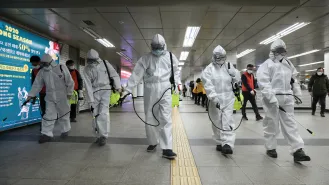 Health & Medicine
Health & MedicineWhat WHO calling the coronavirus outbreak a pandemic means
The world’s top global health organization is asking countries to double down on efforts to both contain the virus and mitigate its impact.
-
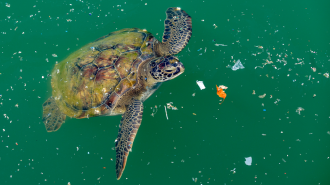 Animals
AnimalsSea turtles may confuse the smell of ocean plastic with food
Sea turtles respond to the smell of plastic that’s been in the ocean similarly to food, suggesting the reptiles may end up eating the harmful debris.
-
 Health & Medicine
Health & MedicineA more convenient, monthly treatment for HIV cleared a key hurdle
Two phase III clinical trials suggest that a once-a-month injection of antiretroviral drugs treats HIV just as well as daily pill regimes.
-
 Space
Space50 years ago, scientists were studying why the sun’s corona is so hot
In 1970, scientists were hoping to learn why the sun’s corona is so hot during an eclipse. Fifty years later, the corona’s magnetic field may hold some answers.
-
 Health & Medicine
Health & MedicineWe may be on the brink of a coronavirus pandemic. Here’s what that means
The coronavirus behind COVID-19 has not yet reached pandemic status, according the WHO, but we could be close.
-
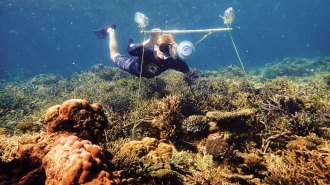 Climate
ClimateHow scientists wrestle with grief over climate change
With climate change altering our world at an increasing pace, scientists who monitor and study nature are frustrated and grieving.
-
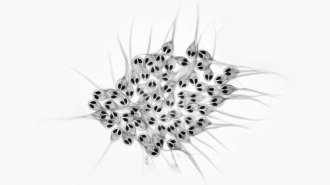 Life
LifeA distant cousin of jellyfish may survive without working mitochondria
A tiny creature that parasitizes salmon is the first known multicellular eukaryote without a mitochondrial genome, a hallmark of complex life.
-
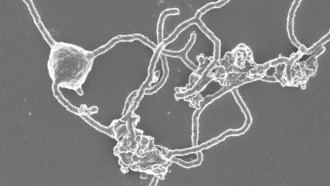 Life
LifeMicrobiologists took 12 years to grow a microbe tied to complex life’s origins
Years of lab work resulted in growing a type of archaea that might help scientists understand one of evolution’s giant leaps toward complexity.
-
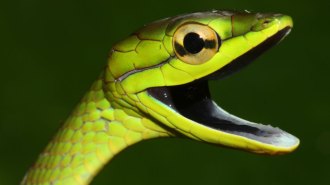 Animals
AnimalsSnakes suffered after a frog-killing fungus wiped out their food
A frog-killing fungus that swept through Panama had a hidden effect. A new study finds that snake diversity declined post-fungus at one field station.
-
 Health & Medicine
Health & MedicineCases of the new coronavirus hint at the disease’s severity, symptoms and spread
As the coronavirus outbreak continues, estimates suggest that the majority of cases are mild. New research is clarifying how more severe cases progress.
-
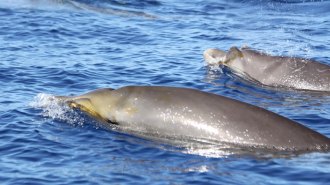 Animals
AnimalsBeaked whales may evade killer whales by silently diving in sync
To slip past predators, beaked whales appear to synchronize their deep dives, staying silent while not hunting and ascending far from where they dove.